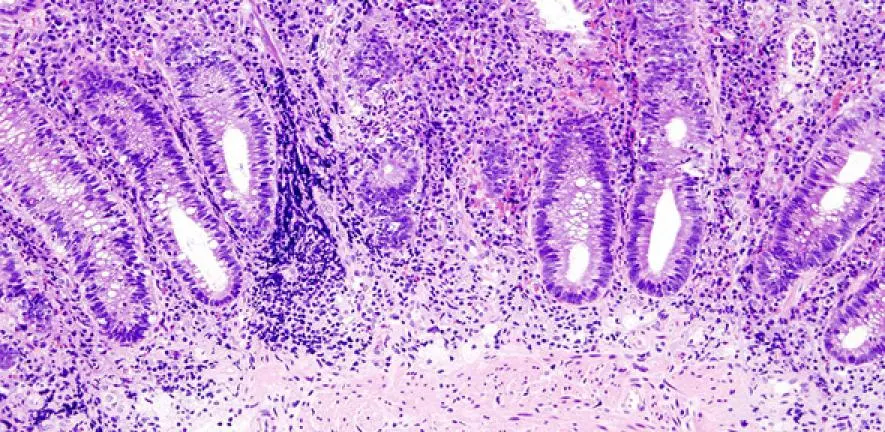
The chronic autoinflammatory bowel disease ulcerative colitis affects millions around the world. The condition involves autoreactive T cells and macrophages in the colonic mucosa attacking healthy colon cells, leading to inflammation, ulcers, and other debilitating symptoms and complications. While there is no outright cure, the only treatment involved is long-term immunosuppression, which can lead to even more health complications and risk of cancer down the line. One novel solution possible is antigen-specific immunotherapy, where the specific antigens are presented to the T cells in the presence of immunomodulators. Peptide-assisted antigen-specific Immunotherapy of ulcerative colitis by being adsorbed to nanofibers utilized in the colon-specific niche developed for this condition.
Mimetic peptides utilized in antigen-specific immunotherapy
LifeTein provided the group with the Cationic TGF-β1 mimetic peptide, whose role in the niche is to bind to a key receptor and suppress the activation of CD8+ T cells. This also polarizes the macrophages involved as well. The final results proved that not only could the auto reactive T cells be inhibited, but healthy colon cells could help repair previous damages of ulcerative colitis afterwards. All of this was achieved while actively avoiding the cancer risks of standard immunosuppressive approaches. Hopefully, this modular method can be pivotal in future developments for safer and more effective uses of immunotherapies.
Kin Man Au, Justin E. Wilson, Jenny P.-Y. Ting, Andrew Z. Wang. An Injectable Subcutaneous Colon-Specific Immune Niche For The Treatment Of Ulcerative Colitis doi: https://doi.org/10.1101/2023.10.03.560652
